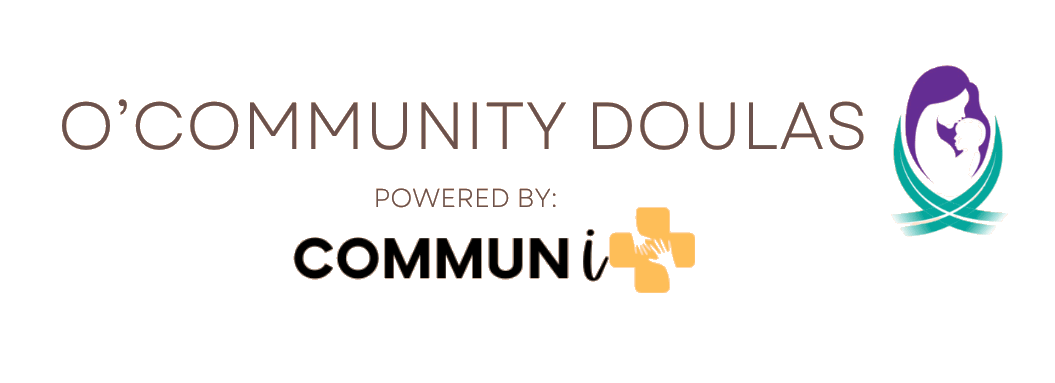Blog
What is Social Justice in Maternal Health
Social justice in maternal health refers to the fair and equitable distribution of resources, opportunities, and outcomes in the context of pregnancy, childbirth, and postpartum care. It encompasses addressing systemic inequalities and disparities that affect pregnant individuals and their access to quality healthcare services, regardless of factors such as race, ethnicity, socioeconomic status, geography, immigration status, or other social determinants of health.
Here are some key aspects of social justice in maternal health:
1. Equitable Access to Prenatal Care: Ensuring that all pregnant individuals have access to prenatal care regardless of their socioeconomic status or geographic location. This includes providing affordable and culturally competent prenatal services, as well as addressing barriers such as transportation, language, and health literacy.
2. Eliminating Disparities:Identifying and addressing disparities in maternal health outcomes, particularly those related to race, ethnicity, and income. This involves addressing the underlying social determinants of health that contribute to these disparities, such as systemic racism, discrimination, poverty, and inadequate access to education and economic opportunities.
3. Quality of Care:Ensuring that all pregnant individuals receive high-quality, evidence-based care throughout pregnancy, childbirth, and the postpartum period. This includes promoting respectful and patient-centered care, reducing unnecessary medical interventions, and addressing biases and discrimination within the healthcare system.
4. Cultural Competence: Recognizing and respecting the diverse cultural beliefs, values, and practices of pregnant individuals and their communities. Community Doulas should be retained who are trained to provide culturally competent support and are able to communicate effectively with patients from diverse backgrounds.
5. Reproductive Justice: Recognizing that access to reproductive healthcare, including maternal health services, is a fundamental human right. Reproductive justice encompasses not only the right to access healthcare services but also the right to make autonomous decisions about one’s own body, family, and reproductive life.
6. Policy and Advocacy:Advocating for policies and programs that promote social justice in maternal health, such as expanding access to healthcare coverage, increasing funding for maternal health programs, and implementing initiatives to address systemic inequalities and barriers to care
7. Community Engagement:Engaging with communities and stakeholders to identify their needs and priorities in maternal health, and involving them in the design, implementation, and evaluation of programs and policies.
Overall, social justice in maternal health requires a multi-faceted approach that addresses the complex interplay of social, economic, and structural factors that influence maternal health outcomes. By prioritizing equity, dignity, and human rights, societies can work towards ensuring that all pregnant individuals have the opportunity to have a safe, healthy, and empowering childbirth experience. Utilizing the expertise of Community Doulas is one of the ways to address this.
